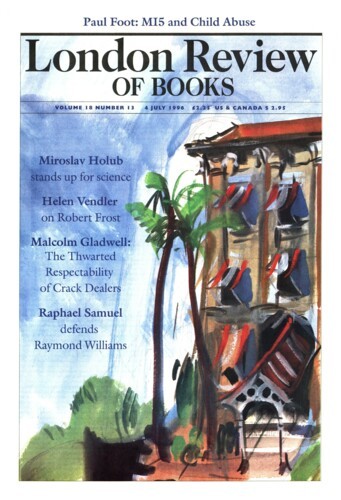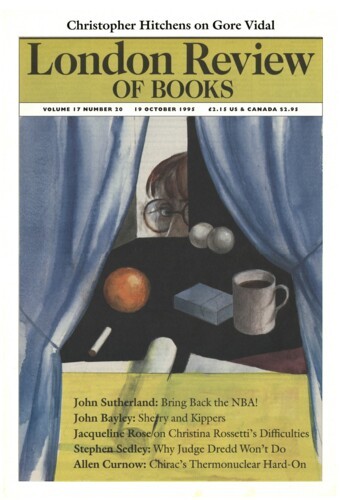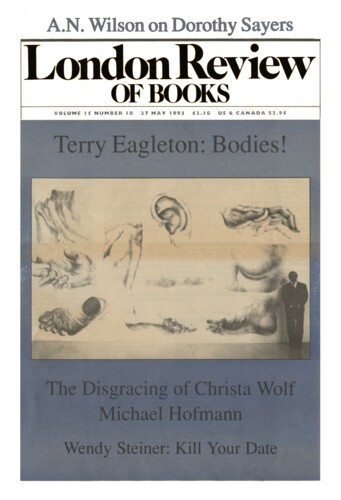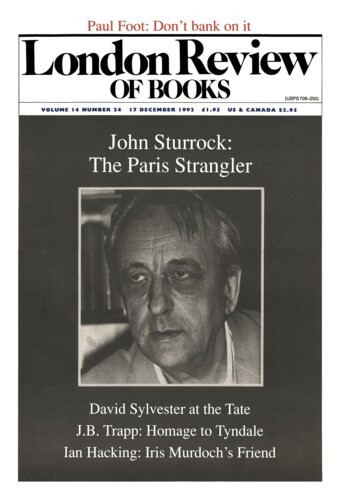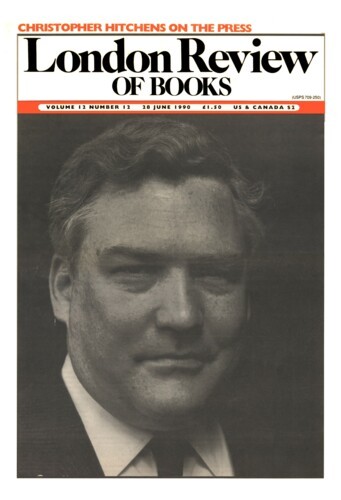Here/Not Here: On Jean-Michel Basquiat
Wendy Steiner, 4 July 1996
Early one morning in Philadelphia, I was walking over the South Street Bridge on my way to work. My path was a narrow walkway between steel-bolted panels on the traffic side and a lacework of wrought iron on the other. The Schuylkill River shimmered through the iron curlicues in oily ripples, and at regular intervals, the lacework opened into bays overlooking the water. But I was not looking at the river. My eyes were fixed on the steel panels on the opposite side of the road, where someone had spray-painted a poem over half the length of the bridge. It was about lost people looking for each other by the river, but because the poet had been able to fit only a word or two on each panel, the poem unfolded very slowly. I kept craning my neck and squinting to see how each line would end, wishing I could walk as fast as the poem demanded. Suddenly, out of the corner of my eye, I saw a pair of legs in a bay ten seconds in front of me. I exclaimed involuntarily, for what I saw was not only legs, bent at the knees, lying on the ground in weathered trousers – perhaps green – but a dark penis, too, and a hand idly rubbing it up and down. The body and head were hidden in the bay. I was over halfway across the bridge; it would have been very inconvenient to turn back. I could not climb over the steel panels either, since I would have landed in traffic. Besides, that seemed an inappropriately desperate response to the situation. If he did not mind lying there like that, I reasoned, he would not mind my walking by. And so, in the nanosecond in which such decisions are made, I resolved to keep going, and before I exhaled again, I was past him.
